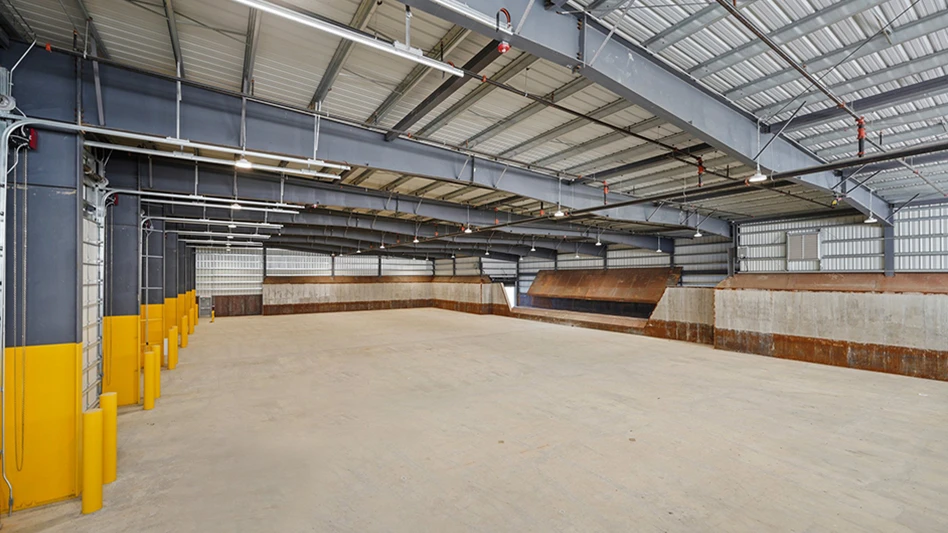
Photo courtesy of BCUMOA
The Victoria, British Columbia, Canada-based BC Used Oil Management Association (BCUOMA) says the recycling of automotive fluids and filters “supports environmental, social and economic structures in a regenerative circular economy closed loop-system.”
Tying its message into Global Recycling Day, March 18, the not-for-profit organization says it will continue to dedicate itself to the collection and recycling of used motor oil, oil filters, oil containers, used antifreeze and antifreeze containers in its home province.
David Lawes, CEO of the BCUOMA says the organization has been establishing used oil material and byproduct recycling programs across the province for more than 20 years.
“Waste materials from the consumption of consumer oil products can easily and effectively be reprocessed and repurposed,” says Lawes. “Lubricating oil is sold, used, collected, re-refined and resold for the same purpose in B.C. BCUOMA-registered collectors and processors collect antifreeze from across the province and transport it to their facilities, where it is processed through a vacuum distillation system and sold back to B.C. consumers, through a closed loop system.”
BCUOMA says its registered collectors pick up used oil from across the province and transport it to refineries for processing, including one located in North Vancouver, British Columbia. Once there, the used oil is re-refined and turned back into new motor oil.
The re-refined oil is available for purchase by consumers again, through wholesalers and retailers in the province. Using re-refined base oils reduces the carbon footprint without sacrificing quality or performance, requiring fewer resources compared to oil manufactured without recycled content. “This closed-loop process allows processors to produce oils that are consistent in meeting or even exceeding industry specifications—without drilling for new crude oil,” states BCUOMA.
The organization says the program and its partners “are an example of how a regulated extended producer responsibility (EPR) program can support private sector innovation, and use proven technologies to develop economic growth, and support a circular economy here in British Columbia.”
Concludes BCUOMA, “Through partnerships with local and regional governments, indigenous communities, registered processors and collectors, and public recycling facilities, these free-to-the-public programs help to achieve sustainability, circular economies, CO2 reductions, carbon offsets and zero waste and pollution prevention objectives.”
Get curated news on YOUR industry.
Enter your email to receive our newsletters.Latest from Waste Today
- ReMA board to consider changes to residential dual-, single-stream MRF specifications
- Miller Environmental Group Inc. appoints CEO
- DPI acquires Concept Plastics Co.
- Laurel Mountain Capital announces investment in 5280 Waste Solutions
- Cielo investor requests annual meeting
- WIH Resource Group celebrates 20th anniversary
- NWRA: NIOSH cuts a step in the wrong direction
- Valicor Environmental services acquires Affordable Waste Management







